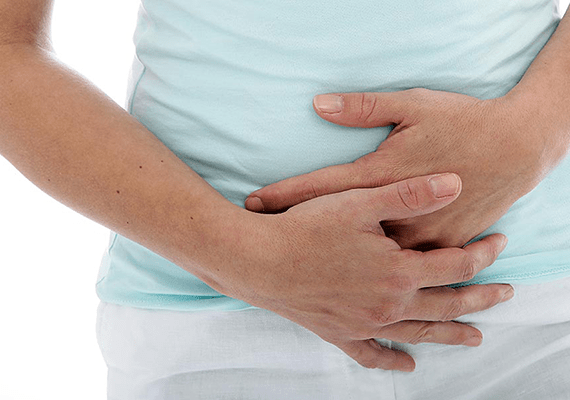What Causes Rectal Bleeding?
A variety of conditions, some more serious than others, can cause rectal bleeding. Rectal bleeding could be caused by an anal fissure or by straining to pass solid waste due to chronic constipation, sometimes particularly hard or solid stools can cause rectal bleeding when they pass through the anus. Hemorrhoids are also common causes of rectal bleeding. In some circumstances, rectal bleeding is caused by more serious conditions including anal cancer, colon cancer, abnormalities in the blood vessels in the intestines, issues with the gallbladder, ganglion cysts, ischemic colitis, rectal prolapse or ulcerative colitis.
When Should I Consult a Doctor About Rectal Bleeding?
You should make an appointment for medical assessment and care if you have had rectal bleeding for more than a day or two or if the bleeding concerns you. If the blood is black or very dark you should speak to a physician because this could indicate an issue deeper in the intestines. You should also seek medical attention if your rectal bleeding is continuous or accompanied by severe abdominal cramping or pain. The doctors at Gastroenterology of Westchester are experienced and knowledgeable in all forms of gastrointestinal disorders and will be able to diagnose and treat the cause of your bleeding. Rectal bleeding can cause distress and the doctors want to help you to have a healthy and active life.
How Will the Doctor Diagnose the Cause of Rectal Bleeding?
Your physician will perform a thorough exam of the rectum and ask questions about your lifestyle habits and general health. If the doctor suspects an issue further inside the intestinal tract, he will order a colonoscopy, which is a test used to examine the large intestine and rectum for any changes or abnormalities. The test is performed by Inserting a colonoscope, which is a long flexible tube with a tiny camera attached to the tip, into the patient’s rectum and colon.







